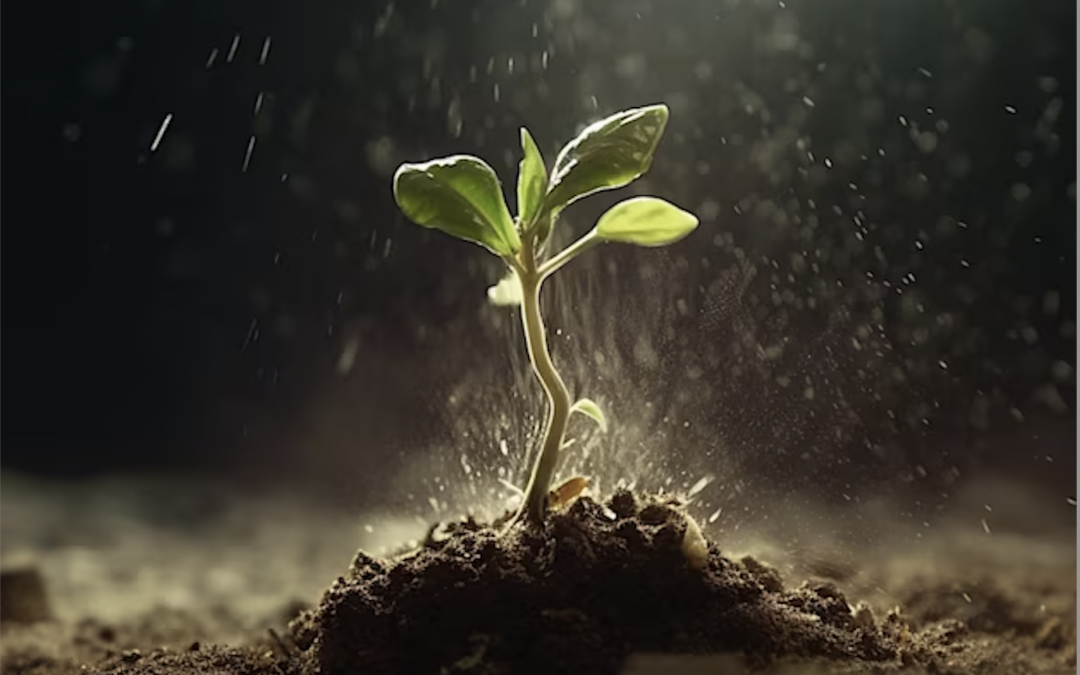The exploration and exploitation of hydrocarbons in Costa Rica are issues that are not to be ignored. They are there, latent, until they become relevant, as has happened during the last few months. In February of this year, the “Unión Costarricense de Cámaras y Asociaciones del Sector Empresarial Privado” (UCCAEP) presented a Proposal for a balanced energy policy, which aims at a Costa Rica endowed with national supplies of renewable and non-renewable energy. Shortly thereafter, President Rodrigo Chaves expressed the possibility of authorizing natural gas exploration.
In this context, the “Alianza Empresarial para el Desarrollo” (AED) convened, on November 1st, four prominent and knowledgeable figures on this subject, to the Dialogue on Fossil Fuels, a look at the situation in Costa Rica and the world. Christiana Figueres, Mihaela Dobrinescu, Carlos Roldán and Roberto Artavia were present. The panel was well moderated by Eduardo Ulibarri.
It is worth listening to the two and a half hours of conversation, which was conducted with respect and eloquence. It is a good basis for forming an opinion on this critical and strategic issue. Two of the participants were in favor of oil exploration and exploitation in Costa Rica. The other two were against. I will highlight some key ideas that emerged from this conversation and comment on the arguments that I consider most relevant in both groups.
In favor
Mihaela Dobrinescu and Carlos Roldán argue that using hydrocarbons extracted from Costa Rican soil will help during the energy transition towards a carbon-free Costa Rica by 2050. Carlos Roldán argues that a good part of the vehicle fleet could run on natural gas extracted by the Costa Rican Petroleum Refinery (Recope). Thus, the country would emit a little less greenhouse gases, would significantly reduce its payment bill and we would all win by having a lower cost for the fuel we need.
These arguments do not consider the enormous difficulties the country faces in carrying out simpler infrastructure projects, such as road construction. Thus, Recope and the Ministry of Environment and Energy (MINAE) would be charged with a titanic responsibility, since MINAE would have to obtain the expertise to carry out the supervision and oversight processes necessary for this high-risk, highly specialized industry. The stakes for black gold are too high.
Against
Christiana Figueres and Roberto Artavia remind us that the oil industry boom occurred more than 50 years ago. Why are we going back to that technology if Costa Rica has always been at the forefront in environmental issues? Christiana Figueres illustrated it, with great clarity, with the following analogy: “The stone age did not end because there was a lack of stones. The stone age ended because we discovered metals, which are much superior to stones, and the oil age will not end because we run out of oil”.
Therefore, it is a matter of making a strategic decision as a country regarding the possibility of remaining in the age of black gold or of reacting as the advanced country that we have been in environmental, social, innovation and in the conformation of a solid country brand that represents us internationally. If we decide to go backwards and promote the oil industry, we will open a huge Pandora’s box, since this industry is directly associated with the loss of biodiversity.
The AED initiative to promote a dialogue on this issue is commendable. Hopefully it will be the start of several conversations on this and other complex issues, such as mining, which also falls into the category of “issues we don’t want to talk about.”
Black gold is a technology of the past and, at this point, Costa Rica should not look back. Our gold is green, not black.
The route
Favor the exploration and exploitation of gas and oil in Costa Rica will have negative effects, both nationally and internationally. In the country there could be radical reactions between those in favor and those against, which are not convenient in a context that is already quite polarized. Giving this task to Recope means a great risk for the country, considering that it has never carried out oil exploitation and that it has not carried out exploration works for more than 30 years.
Besides, we would be the target of international criticism as a consequence of our double discourse. A double discourse that would be exposed because several countries and international organizations have trusted, precisely, in the official discourse: the one that is in our National Development Plan and proposes climate change as a transversal axis of everything we do.
How can we justify this new orientation, or perhaps we should say disorientation, precisely now that we have been designated as the host of the next summit of the Alliance for Economic Prosperity in the Americas (APEP)? What explanation could we offer to the International Monetary Fund, which gave us the first credit for infrastructure resilience in the face of climate change? We should not put our credibility at risk.

